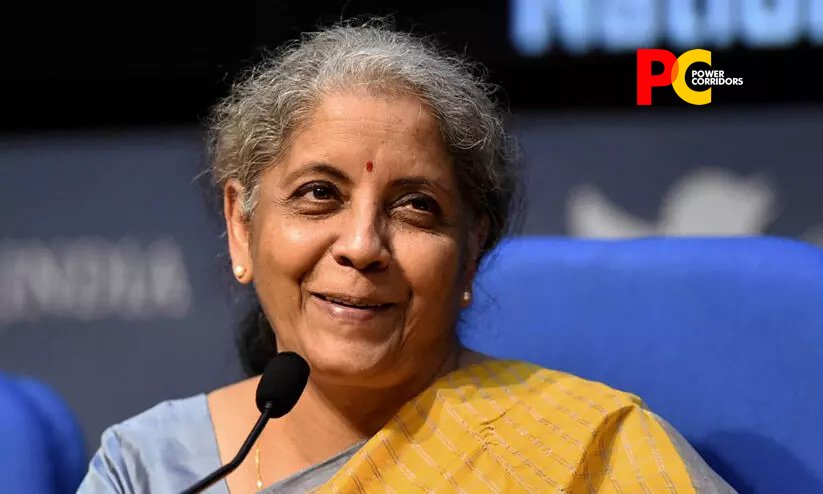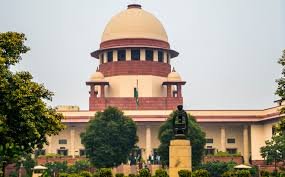Nirmala Sitharman, the minister of finance, stated on Friday that the government’s top objective is to control inflation, but she added that increasing interest rates is not the only way to do so. She spoke at the B20 Summit in India, which the Confederation of Indian Industry (CII) is hosting.
“Obsession to use interest rates as the only tool to deal with inflation and not manage the supply side factors will not give a complete solution,” Nirmala Sitharaman said.
“Central banks will have to keep in mind growth and growth-related priorities along with controlling inflation,” Sitharaman continued.
She continued by stating that high interest rates could impede an economic rebound.
Her comment comes at a time when retail inflation in India is expected to rise in the near term. Retail inflation in the country increased to a 15-month high of 7.4 per cent in July, primarily driven by vegetable and cereal prices.
Rising inflation over the past few months has forced the government to take some aggressive measures, including selling tomatoes and onions at subsidized rates, releasing stocks of wheat and sugar in the market to cool prices and even imposing high export duties.
Despite its efforts, food prices are still high this month, and things should start getting better by the end of August.
Despite growing inflation, the Reserve Bank of India chose to maintain the benchmark lending rate. Instead, a temporary reduction in the amount of cash in the banking system was announced by the central bank.
After an aggressive rate hike cycle that resulted in a 250 basis point increase in the key repo rate, it should be highlighted that the central bank has abstained from raising lending rates in its most recent policy reviews.














